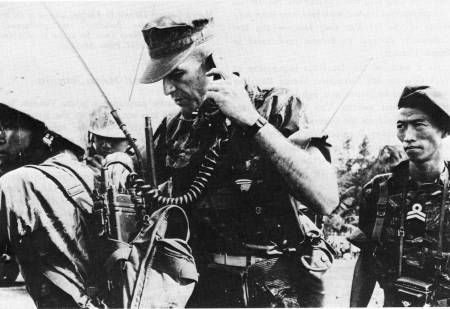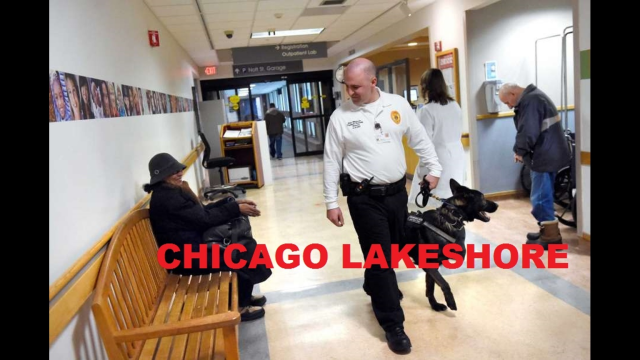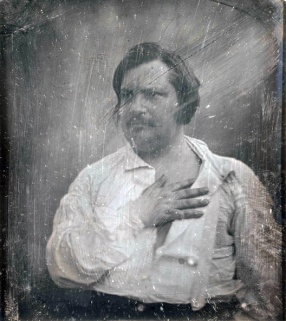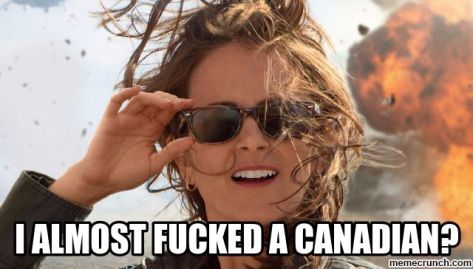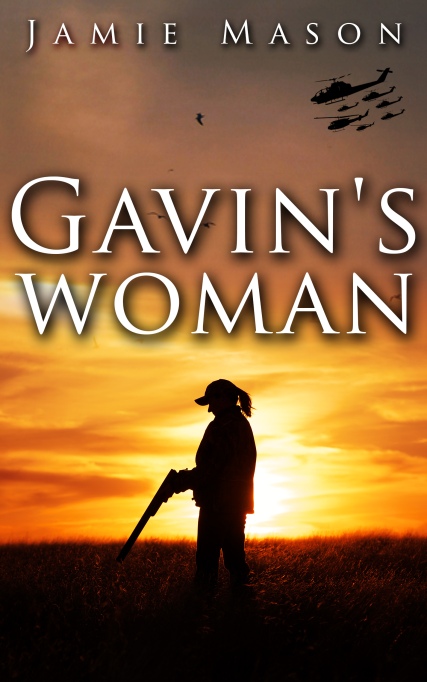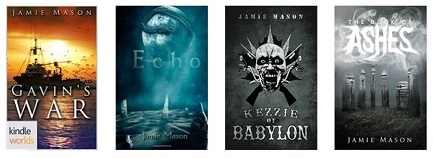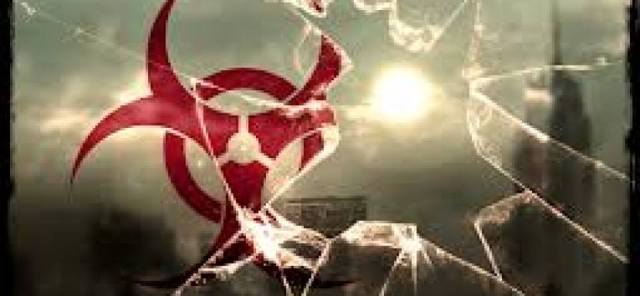The attacks are coming more frequently now that the cast-iron sky has notched down and snow swirls on dark, time-suspended afternoons. The flakes melt before hitting the ground, sparse and intermittent, as though winter itself were ambivalent and unwilling to commit.
Serpent Cult members dress in bark and brown-colored ghillie suits and stake out the hillside above the trailer park, sniper-scopes trained on my doors and windows. By varying my schedule and altering my route to and fro, I never miss a day of work. Taking these chances comes at a price. I am shot once – a superficial graze, more of a cut, really – on my right thigh. A local vet sows me up. Doctors are scarce since the Unrest.
There are few cops remaining on the island. Gangs, including the small-town ones we have here, vie for control of what’s left. Entire sectors of Vancouver Island are now completely without power, without any kind of civil infrastructure. The administrators and judges and politicians fled those areas long ago. The military now keeps order in Victoria. TV and radio traffic is limited to a few robust channels, and their broadcasts are sporadic at best, mostly civil defense bulletins and news programs, although I did get to watch Casablanca the other night – a rare treat. The Internet vanished last year in a hissing spray of electromagnetic static. The government stopped collecting income tax a few months later. They say society will collapse any day now.
I’m getting ahead of myself.
# # #
The Domino Effect: push one over and it tilts into the next, causing a cascade. Shit flows downhill, that’s the first rule of plumbing. But dominos can cascade upward. Disrupt the lowest levels of society hard enough and the entire structure teeters like a skyscraper in an earthquake.
That is the effect of the Serpent Cult’s war on street crime. The shake-up of petty criminals is soon felt at the upper levels of society where the distinction between crime and business blurs to grey. With top-tier crooks feeling the pinch, it doesn’t long before the Triads and Russian mobs are sending their wolves to hunt down Cult members. A full-blown war erupts in the streets of Canada’s major cities.
There is an abrupt spike in apprehensions for Lou and I at ShopMaxx™, yet I have other problems, not least of which is the formation of an entire religion dedicated to destroying me. Turning The Book of Ashes over to police and requesting protection would seem the obvious step. But that would draw others into what is essentially a private war between Johanna’s proxies and myself. My attendance at judo becomes sporadic as the class fills with young women. I never invite any of them to practice with me, yet sense them gathering mat-side with hooded, accusatory glares. The Serpent Cult’s world, encroaching on and enclosing mine.
Rendering this all the more surreal is my resumption of contact with Johanna.
# # #
I’ve grown so accustomed to enduring this conflict covertly and alone that I now treat it as a dark and filthy secret, like a teenage boy masturbating in his room with the door closed. The crushing weight of it isolates me from everyone – Karen, Sensei Roger. Everyone. Except for Lou.
Profane, bigoted, reflexively violent, yet tough and cunning Lou. Loyal to the core. After one particularly horrible evening I spend drinking and plotting how to recapture my world from the Serpent Cult, I stagger into work bleary-eyed and hungover. Lou is hungover, too. I can tell whenever he uses too much aftershave. He sports a toothpick and sits leafing through a magazine as I slump into a chair beside him in the LP office.
“Wanna tell me about it?” he asks without looking up, gnawing his toothpick to splinters.
“Rough night. I killed two bottles of wine.”
“I don’t mean the drinking, son.” He glares at me, age-bleared eyes suddenly diamond-sharp. “I mean whatever secret it is you’ve been keeping from me.”
“It’s noth–”
“Don’t shit me, partner.”
I sigh. Lou is a dinosaur, and three decades in law enforcement has so honed his intuition that attempting to keep secrets from him is a fool’s chore.
Haltingly, quietly, I unburden myself of the terrible secret I have hauled around for the past decade.
# # #
“Better tie down your pack,” Lou says. “Those pitons make onefuckuva racket clanking around.”
Bare tree limbs grasp the sky above the narrow road beside the field leading to the base of the hill. A slush of soiled leaves and gravel hushes underfoot. The hill curves skyward, dropping on the other side to become the slope above my trailer park.
“Ready to roll, partner?” Lou chuckles. “This isn’t ShopMaxx™.”
“No worries,” I say breezily. I am enjoying Lou’s high spirits. The old man is in his element, swaddled in a camo jacket, a tattered backpack slung over one shoulder, a Remington dangling from the end of one lanky arm. Three decades in the Northwest Territories will turn any peace officer into a part-time Game Warden, and Lou is a natural. He spends a quarter of each year hunting something, somewhere – it doesn’t matter what or where. If it walks or crawls or flies or stampedes, chances are Lou has probably blown it to bits at some point in his career.
“This looks promising.” My partner kneels by the side of the road where a foot-wide section of the nap has frayed. “See this? A deer path. It’ll follow the curve of the hill. That’s what the deers do – take the long way ‘round. The farther they range, the better they eat, see? We’ll follow their example.”
“And eat well?”
“I suppose. But – heh.” Lou chuckles and shifts the pack-strap on his shoulder. “We sure won’t be eating what we hunt.”
“The game here is a little more treacherous than elk,” I offer, falling in behind him.
“Vietnam taught me that hunting is hunting,” he says. “The game never changes.”
Lou’s eyes narrow and I can tell he is suddenly nineteen again, one of 30,000 Canadian volunteers who jumped onboard the American war effort in exchange for $5,000 down and ten bucks a day danger pay. He says nothing for a long spell, immersed in his grim memories. I take the time to regulate my breathing, synch up with my environment, study the features of the weapon Lou has loaned me: a Winchester lever-action rifle, a replica of the Rifle that Won the West only a later model, grooved for scope mounting. A weapon capable of bringing down small deer, which is more than suitable for the game we have in mind.
The deer path twists away from the road, winding into the tall grass, visible where the reeds are smashed flat. Lou pauses to study the foliage. With a flick of his hand he motions me forward and waves the barrel of his gun over a section of grass charred where someone stubbed out a pair of cigarettes.
“That’s poor trail-craft,” he murmurs. “Might as well put up a neon billboard saying here we fucking are come and get us.”
“Is this where you bend down, Tonto-like, and sniff at the butts and tell me what brand they smoke?”
“Players.” Lou blinks. “You can still read the lettering.”
We resume our trudge toward the hill.
“Bend down and sniff,” he grumbles. “Fucking little smart-ass.”
The truck, now hidden by distance and tall grass, is an indistinct shape among shadows. We have been walking for over an hour and yet the foot of the hill is no closer. Hidden by clouds, the sun has passed its zenith. Mid-afternoon. The ground slopes upward toward the base of the rise. Lou calls it a “mountain”, but only because he’s never been to New Mexico. Pines hem the foot of the hill. We progress through the bush, gaining elevation as the somber afternoon tightens down. A cold wind. Through stark limbs I see bunched clouds darkening almost to black. Snow swirls on the sluggish breeze. Lou crests the ridge and pauses, scanning the slope below.
“There…”
Lou’s voice is the barest murmur. He doesn’t even point; I follow his gaze to the cairn of piled rocks visible five hundred yards down-slope from our position. At first I see nothing. Then a brown smudge shifts and I catch glimpses: a shifting knee, a flash of blonde, a jacket cuff enclosing a wrist that tapers to a forefinger tensed around a rifle trigger. A Serpent Cult sniper, awaiting a glimpse of me.
Lou backs off and I follow him. We use the ridge as cover and circle around to a better vantage. Lou hauls a pair of Zeiss field-glasses from a side pocket of his pack and hands them to me before we conceal our packs in a tangle of limbs at the base of a fir tree.
“We’ll blind up behind those boulders there.” He points. “I want you scan the entire slope from left to right and back again. Using that first emplacement as a point of reference, find any other snipers.”
We take up position behind a tangle of saw-toothed rock jutting skyward – broken teeth newly heaved from the mouth of earth. Lou presses his right shoulder to a smooth section, rifle held upright, muzzle high, as I kneel and glass the slope. Torn twigs and moldering leaves explode into sudden detail. The dinky-toy trailer park unpacks itself into distinct shapes and colors. My neighbor Wayne appears, winding his way between vehicles to put out his garbage.
I pan slowly left. The ground slopes upward toward that little grove of stunted oaks, a few with trunks intertwined, lurking beyond the wrecked fence at the edge of the trailer park. More open ground, then a blur of foliage. I move a little faster now, swerving toward the sniper emplacement. Perspectives are clipped and distances skewed by Zeiss wizardry. I overshoot: for a startled instant she fills the lens then is gone. I pan back.
There.
Detail so crisp I can see strands of hair trembling in the watery light that appears for a millisecond before dashing back behind clouds. She is young, the kind of fresh-faced kid you might imagine striding across campus, or goofing with friends on the beach. She should be working her first serious job, paying off her first car, splitting an apartment with another cute girl with whom she shares drunk Friday nights, boyfriends, secrets. Instead she’s dressed in camo and holed up on this hill, waiting to kill me. Because her religion tells her to.
I grit my teeth and pan upslope. There, a quarter-mile beyond and slightly above the first sniper, a second. Black hair, camo jacket, toting a semi-automatic with a scope mounted. Slightly older. Zeroed in on the trailer park.
“Eleven-thirty,” I whisper.
I hear a rustle of fabric and the barest clink of as Lou brings his weapon to bear. Stillness for three seconds, then: “Got her.”
I grip and re-grip the Winchester.
“Take the blonde one,” Lou whispers. “I’ll wait for your shot then take mine.”
The lit circle at the far end of my sniper scope trembles, pans, and swishes. It takes me a second to crawl the half-mile from the tangled oaks to my blonde sniper’s blind. She remains as I left her, glassing downslope toward my door. In the crosshairs I see her breathe. Blink. Reach up and scratch an itch on her forehead. Then drop her hand back to the trigger.
“Put the bullet in her ear,” Lou whispers.
Her ear is enormous in the scope’s wide lens. I line up the cross-hairs. Don’t kill, whispers a voice in my heart. Don’t kill, it’s wrong. I remember all the lessons of my youth, all the teachings of Christianity, of the gentle Wicca that Karen instilled in me. I remember my humanity and all the painful life-lessons in which my kindness was rewarded by contempt. My efforts to remain human, to do the right thing, have brought me here, to this cold slope above my home where I am about to murder a teenage girl.
Murder?
No.
In war, you don’t murder the enemy.
You kill them.
I still my breath. Squeeze off. My scope jumps and swerves. A half-second later, Lou fires. The second shot sounds like an echo of the first. Afterwards, silence probably returns but my ears jangle and buzz from the reports. I bring my bucking rifle back under control and edge the scope around. My sniper lies motionless. From this vantage she looks like she could be asleep. Of course, I know better.
I pan toward Lou’s target, and am slightly shocked at the contrast. Instead of lying “at peace,” the corpse of the dark-haired sniper is a twisted tangle blown back amongst the rocks of her blind, the side of her skull vaporized. A red spray mists the grass in a wide semi-circle around her position.
Metal clinks as Lou lights a cigarette.

